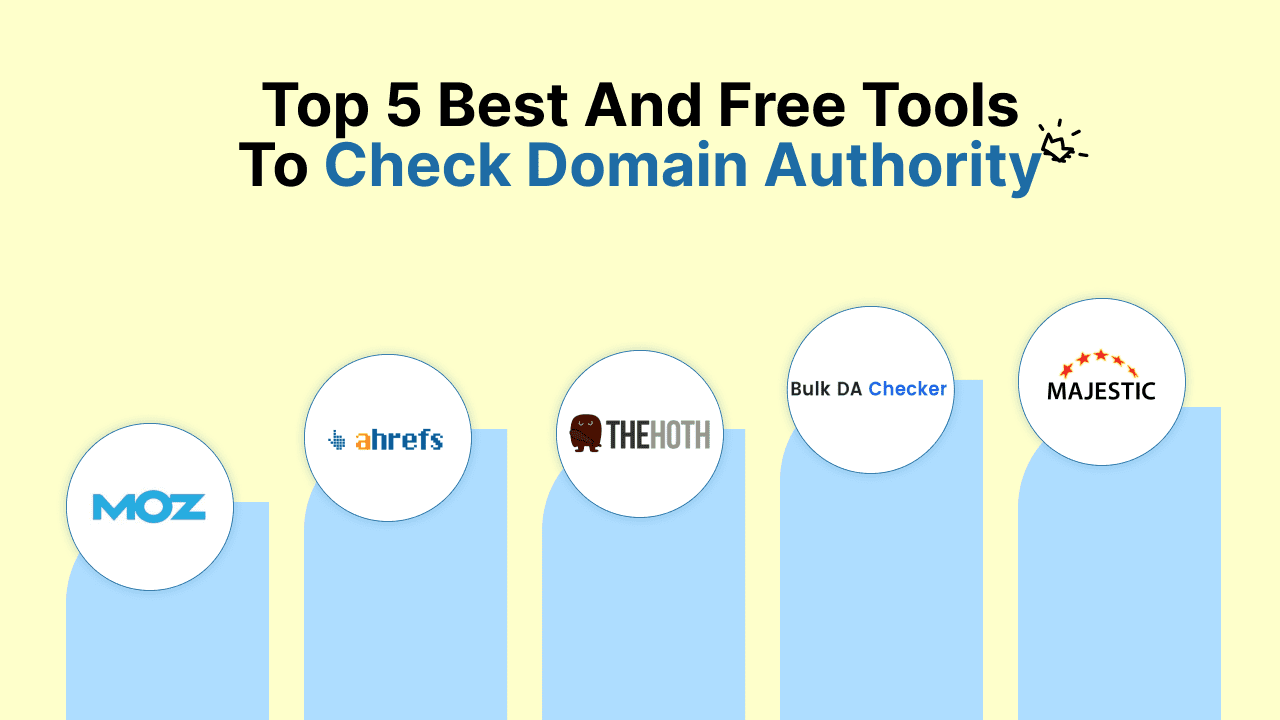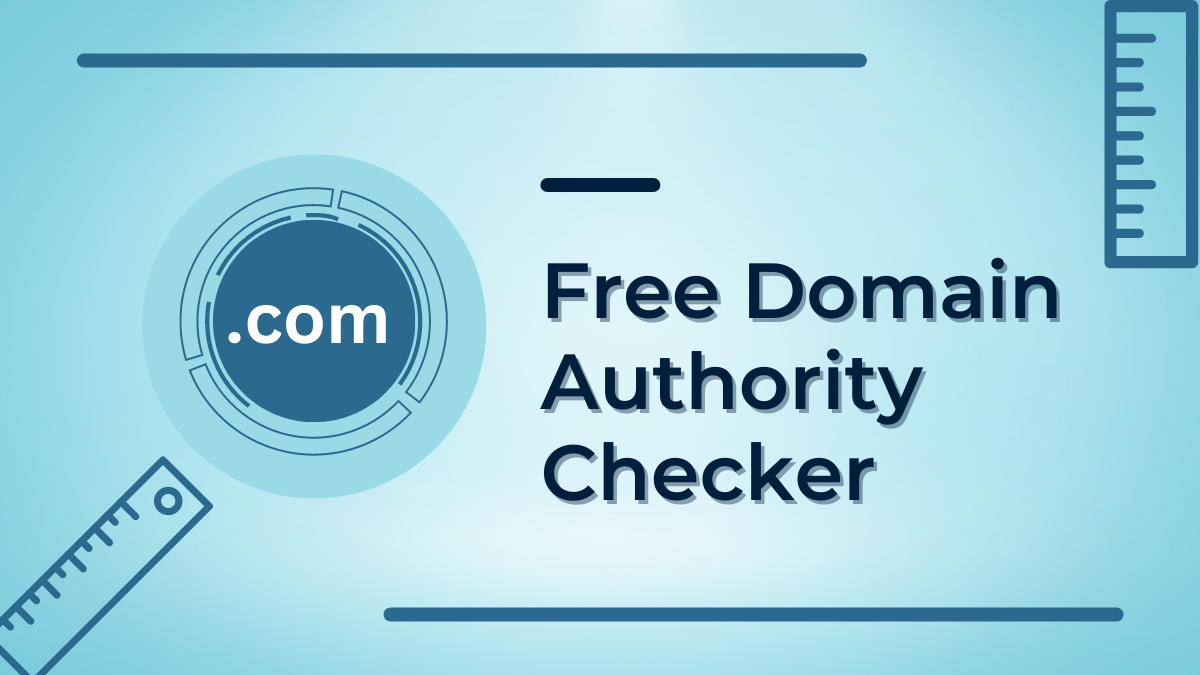What is Free Domain Authority Checker?
Welcome to the ultimate solution of Free Domain Authority Checker for boosting your website’s performance and increasing its visibility in search engine rankings! Have you ever wondered how authoritative your domain is in the eyes of Google? Look no further because we have got you covered with our free domain authority checker.
Whether you’re a seasoned digital marketer or just starting out, this powerful tool will provide valuable insights into your website’s SEO strength. Get ready to unlock the secrets of maximizing your online presence and attracting more traffic as we dive into the world of domain authority!
Table of Contents
Introduction to Domain Authority Checker
Domain authority is a metric created by Moz that is used to predict how well a website will rank on search engines. It is based on factors such as age, popularity, and link equity. You can check your domain authority using Moz’s free Domain Authority Checker.
To use the Domain Authority Checker, simply enter your URL into the search box and click “Check.” Your score will appear on a scale of 1-100, with 100 being the highest possible score. If you’re just starting out, your score will likely be lower, but don’t worry! As you build up your age, popularity, and link equity, your score will increase.
What is Domain Authority?
Domain Authority (DA) is a metric created by Moz that measures how well a website is likely to rank on search engines. A Domain Authority score ranges from one to 100, with higher scores indicating a greater ability to rank.
Moz’s Domain Authority metric is calculated by evaluating link data, including linking root domains and the number of total links, into a machine-learning model. This model then predicts how well a site will rank on search engines.
Domain Authority is not a guarantee of high rankings, but it is one important factor that can impact your website’s ranking potential. In addition to link data, search engines also consider factors like on-page content, site structure, and user experience when determining where to rank websites.

Benefits of Using a Free Domain Authority Checker
There are many benefits of using a free domain authority checker.
- One benefit is that you can check the authority of any domain name for free. This can be useful when you are considering purchasing a domain name, or when you are checking the authority of an existing website.
- Another benefit is that you can see how authoritative a domain is in relation to other domains. This can be helpful in determining which domains are more likely to rank highly in search engine results pages (SERPs).
- Additionally, a domain authority checker can help you understand the link profile of a domain. This information can be valuable in understanding why a particular website ranks where it does in SERPs.
- Using a domain authority checker is quick and easy. Simply enter the URL of the website you want to check into the tool and receive results within seconds.
How to Use a Free Domain Authority Checker
Assuming you have a domain name already, there are a few free domain authority checkers that can be found online:
- Enter your domain into the checker.
- The checker will analyze your domain and give you a score on a scale of 1 to 100, with 100 being the highest authority.
- Check your score against your competitor’s to see where you rank.
A free domain authority checker can help you determine how well your website is performing in comparison to others in your industry. By knowing where you stand, you can make changes to improve your ranking and visibility.

Common Mistakes When Checking Your Domain Authority
There are a few common mistakes that people make when they check their domain authority. Here are some of the most common mistakes:
- Not Checking Their Site’s Overall Authority:- First Domain authority is important, but it’s not the only metric you should focus on. If your site has a low overall authority, then your domain authority will be lower as well. Make sure to check your site’s overall authority first so you can get an idea of where you stand.
- Not Checking Their Competitors’ Domain Authorities:-If you want to know how well your site is doing, you need to compare it to your competitors. Check their domain authorities and see where you stack up. This will give you a good idea of where you need to improve.
- Not Updating Their List of Competitors Regularly:-Your list of competitors changes over time, so make sure you update it regularly. This way, you can always be checking against the most relevant sites.
Examples of Good and Bad Domain Authorities
Good domain authority:
- A good domain authority means that your website is popular and has a lot of traffic. This is because search engines rank websites based on their popularity.
- A good domain authority also means that your website is relevant to the keywords that people are searching for. This is because search engines use these keywords to determine the relevancy of websites.
- A good domain authority can also be determined by the number of backlinks that your website has. This is because search engines use backlinks to determine the popularity of websites.
Bad domain authority:
- Bad domain authority can be caused by a number of things, such as a lack of traffic or relevance.
- Bad domain authority can also be caused by a lack of backlinks. This is because search engines use backlinks to determine the popularity of websites.
Conclusion
The free domain authority checker is a great way to get an idea of how your website will rank in the search engine results pages. By using this tool, you can determine what changes need to be made in order to increase your site’s visibility and rankings. With just a few simple clicks, you can easily see which keywords are helping or hurting your website’s chances of success with SEO. If you’re serious about improving your online presence, then taking advantage of these free tools is essential for improving your ranking and increasing traffic.






